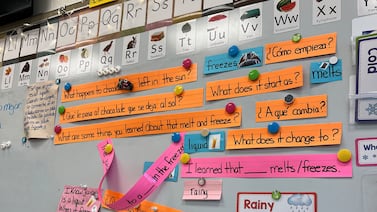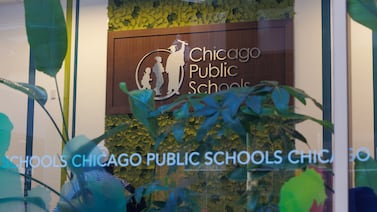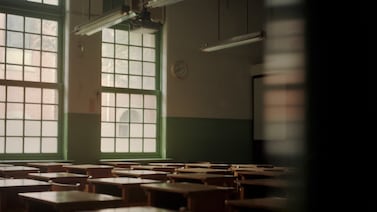Gov. Bill Lee is expected to unveil proposals this week to create or expand summer school options and after-school tutoring programs as Tennessee seeks to catch up students from learning disruptions caused by the pandemic.
House Education Chairman Mark White said Monday the proposals will be among a barrage of legislation on K-12 education filed in the coming days through the governor’s office.
The 112th Tennessee General Assembly convened on Tuesday and is gearing up for a Jan. 19 special session to focus on pandemic-related challenges for students, educators, and schools.
Other likely proposals, White said, would increase pay for educators; maintain next year’s state funding levels for schools that have lost students this year; and require all school districts to adopt high-quality literacy programs that are based on phonics.
The details come as Tennessee is due for another massive infusion of federal stimulus money to support its students and schools. Tennessee expects to get $1.1 billion, with about $990 million going directly to local school districts. That’s four times the $260 million received in the first round of emergency funding.
Addressing learning loss and reopening school buildings safely are among the major priorities behind the emergency money, and the state education department will get its own pot of about $200 million to work with.
White said the legislature eventually may consider proposals that could extend the school year to help students make up for missed learning time. But during the special session, the learning focus will be on summer school and tutoring, he said.
“If we’re going to have more summer school this year, I’ll advocate that it must be done in person,” said the Memphis Republican. He’s frustrated that most Memphis schools have not offered an in-person option this school year, even as Shelby County Schools Superintendent Joris Ray says reopening school buildings isn’t safe yet in his community.
“I just don’t see the value of having summer school virtually if we’re trying to catch students up,” said White.
Both summer school and tutoring are considered concrete ideas for helping struggling students get back on track.
Research shows that “seat time” matters for student learning, whether through summer school, extended school days, or turning spring break into a weeklong learning academy.
According to other research, tutoring in small groups can lead to large academic gains, although it’s expensive to provide a low student-to-staff ratio. Last summer in the pandemic’s early days, the family foundation of former Gov. Bill Haslam and his wife, Crissy, spent $1 million to hire a thousand college students to tutor elementary-age students at Boys & Girls Clubs across Tennessee.
A new state commission advising lawmakers on how to close learning gaps caused by the pandemic is calling for “aggressive” remediation programs that target the state’s most vulnerable students, including those who are of color, learning the English language, have disabilities, or are from low-income families.
The Tennessee Commission on Education Recovery and Innovation, created by the legislature when it became clear that COVID-19 would grind on, recently delivered the first of three reports to assess the effects of the learning loss on the state’s education systems and make recommendations.
“In reality, we don’t know the true effects,” said Tara Scarlett, the commission’s chairwoman and president of the Scarlett Family Foundation, during a recent meeting.
Because state tests were canceled last year when the virus spread rapidly across the U.S., the panel has had to rely on pre-pandemic data, national education trends, and results of a survey sent to Tennessee school superintendents.
Nationally, the nonprofit testing organization NWEA predicted that U.S. students started this school year having lost roughly a third of a year in reading and half a year in math, but newer data suggests that learning loss projections may have been overstated.
Even so, it’s clear that instruction models this school year have varied widely by district, including in Tennessee. Students of color and students from low-income families have been far more likely to be learning fully virtually, while the parents of students attending in-person school say the quality of instruction is better.
In its first report, the new commission said it’s critical for Tennessee to administer state tests this spring so the results can set a new baseline and inform interventions and innovations moving forward. Similar calls have come from the State Board of Education and influential education advocacy groups such as the State Collaborative on Reforming Education, or SCORE.
The legislature is expected to agree and require testing, but also to order a one-year pause in accountability policies that tie test scores to teacher evaluations and school ratings.
The nine-member commission recommends the state prioritize programs that shore up learning, including a laser focus on literacy and numeracy for students in kindergarten through the third grade. Other priorities should be student well-being, technology gaps, and preparedness for higher education and career opportunities, the panel said.
Last week, Tennessee’s education chief, Penny Schwinn, announced plans to invest $100 million of one-time federal funds in phonics-based reading programs, including new reading instruction training for teachers in the early grades. Her Reading 360 initiative includes new literacy resources, mentoring, and support for educators and families.







